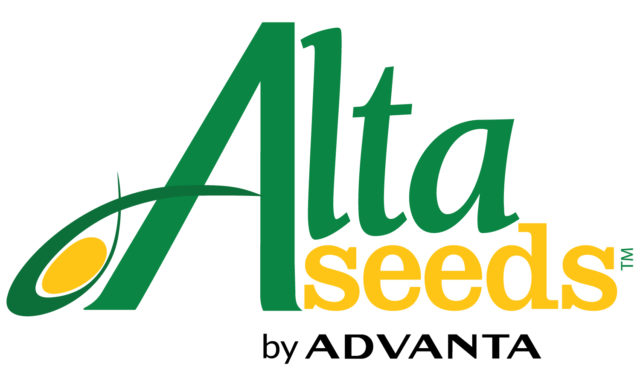The conference was hosted Aug. 13 by the Southwest Research and Extension Center of the University of Arkansas System Division of Agriculture.
For many of the producers, drought has been a constant companion in the last few years with little of their own forages surviving and lots of money spent feeding hay brought in from less dry parts of the U.S.
“Last year, many of these producers tried winter annuals and some had good success and are looking at what other options they might have for this fall,” said John Jennings, professor-forages for the University of Arkansas System Division of Agriculture.
“There was good interest in Gary Bates’ talk on native warm season grasses and forage brassicas.”
Bates, a professor and forage specialist for the University of Tennessee, presented research from his state on the native grasses.
“With all the media hype last year about native warm-season grasses, the attendees got to see what research is saying about those grasses and put out some realistic expectations,” Jennings said.
Paul Beck, U of Arkansas System Division of Agriculture professor, discussed the 300 Days Grazing program.
“Paul has a replicated research project in southern-type forages and was able to make 300 Days Grazing work on two stocking rates in Hope,” Jennings said.
Beck also gave a second presentation about clover and alfalfa overseeded in bermuda for stocker calves.Dirk Philipp, assistant professor in Animal Science for the U of Arkansas, talked about his research on establishing legumes in bermudagrass and managing legumes with ryegrass. FG
—From Cooperative Extension Service U of Arkansas System Division of Agriculture news release











